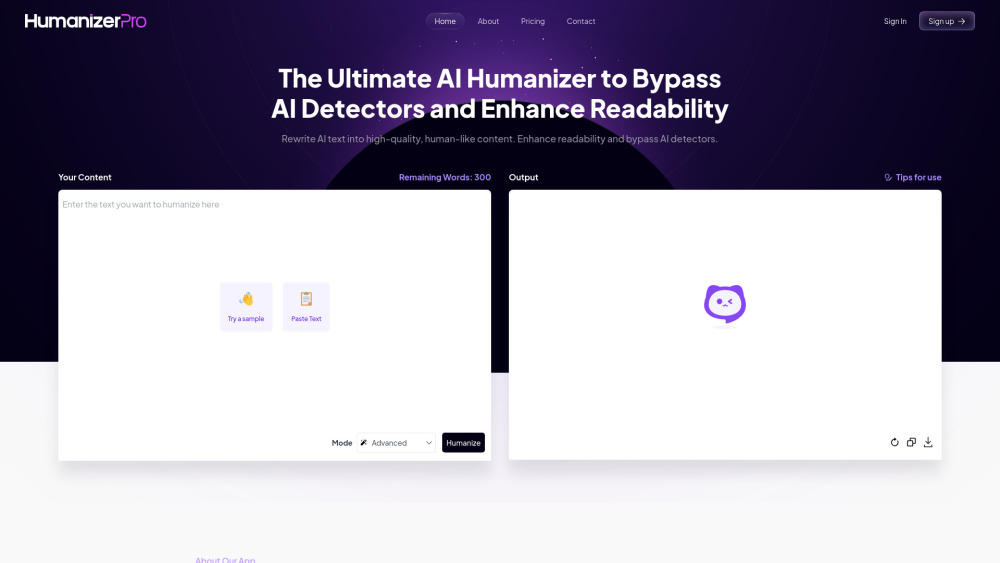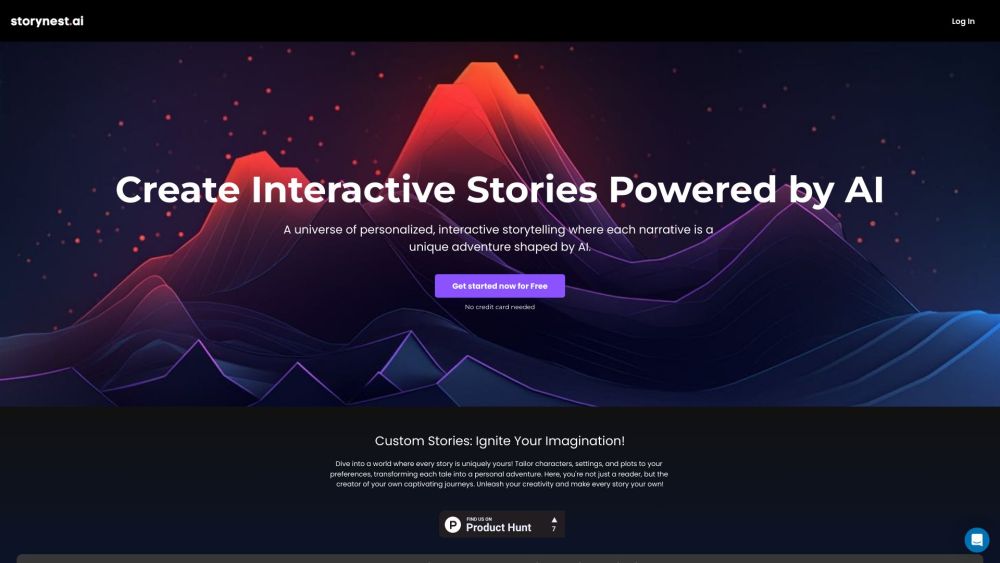In response to the rising influence of Microsoft and ChatGPT in the AI sector, Google is launching a strategic initiative to bolster its position. At the annual Google I/O developer conference, CEO Sundar Pichai declared their commitment to generative AI, stating, “We are reimagining all our core products, including search, through a bold and responsible approach.” The event showcased Google's seven-year evolution as an “AI-first company” and unveiled a range of innovative AI products.
One standout feature is the new PaLM 2, a next-generation large language model that surpasses GPT-4 in specific tests. Pichai highlighted, "PaLM 2 is our latest step in responsibly delivering AI to billions, leveraging insights from our leading research teams."
Key Features of PaLM 2:
- Multilingual Capabilities: PaLM 2 can understand and generate text across more than 100 languages, successfully passing advanced language proficiency exams.
- Enhanced Reasoning Skills: By training on diverse datasets, including scientific and mathematical texts, PaLM 2 excels in logical reasoning and mathematics.
- Advanced Coding Proficiency: It is pretrained on extensive public code repositories, demonstrating expertise in languages such as Python and JavaScript, and generating specialized code in Prolog, Fortran, and Verilog.
Available in four sizes—Gecko, Otter, Bison, and Unicorn—PaLM 2 can adapt to a variety of applications, including a lightweight version optimized for mobile devices.
Google also unveiled two notable applications of PaLM 2:
- Sec-PaLM: Designed for security tasks, this model enhances the detection and remediation of malicious scripts.
- Med-PaLM 2: Specialized for the medical field, this model shows expert-level accuracy in medical licensing exam-style questions and can synthesize information from medical imaging.
PaLM 2 supports over 25 Google products and is currently in preview for developers, available through Vertex AI, which focuses on enterprise-level privacy, security, and governance.
In a significant restructuring, Google merged its Brain and DeepMind teams to form Google DeepMind, now working on the next-generation foundation model named Gemini, which aims to deliver advanced multimodal tools and API integrations.
Enhancements to Bard
As a direct challenger to ChatGPT, Google’s AI chatbot Bard has been upgraded with new capabilities, powered by PaLM 2, improving its performance in mathematics, reasoning, and coding.
Key updates for Bard include:
- Image Interaction: Users can request travel advice and receive enhanced responses, including image analysis and breed identification using Google Lens.
- Source Referencing: Improved citation features allow direct access to original sources for highlighted comments.
- Export Functions: Bard now facilitates one-click code exports to Google Colab in collaboration with Replit.
Bard also integrates various Google services like Drive and Maps, and plans partnerships with external tools like Adobe’s Firefly for enhanced creative features.
Revolutionizing Search with Generative AI
Google is reimagining its search engine to efficiently handle new question types and reorganize information. Users can obtain in-depth AI-driven snapshots that link to relevant content, simplifying decision-making. For instance, instead of sifting through queries to assess travel options, users can receive consolidated answers.
The updated search experience enhances product discovery by displaying essential information, such as descriptions, reviews, ratings, and pricing, all powered by Google's extensive Shopping Graph containing over 35 billion product listings. Advertising will remain a vital component of this ecosystem, with distinct placements for search ads.
Moreover, Google announced the opening of registrations for its Search Lab, where users can experience the Search Generative Experience (SGE) in the coming weeks, initially available to U.S. users.
Duet AI: Google's Collaboration Tool
Google introduced Duet AI, an AI-powered collaborator designed to boost productivity across its applications. Notable functionalities include:
1. Workspace Integration:
- Drafting Assistance: In Gmail, Duet AI drafts responses based on user prompts, while in Docs, it enhances writing with contextual information.
- PowerPoint Creation: Automatically generates original images from textual input in Google Slides.
- Data Handling: Speeds up spreadsheet analysis through automated categorization.
- Video Call Backgrounds: Provides unique virtual backgrounds for video calls to enhance participation while ensuring privacy.
2. Google Cloud:
- Code Suggestions: Offers real-time coding support, identifying bugs and proposing solutions.
- Chat Assistance: Facilitates answers to development questions through natural language, reducing the need for extensive documentation.
- App Sheet Integration: Allows users to create intelligent business applications with simple prompts.
The latest machine learning models in the Vertex AI platform include:
- Codey: Designed for code generation and completion to streamline development.
- Imagen: Focused on producing high-quality images.
- Chirp: Tailored for voice tasks, including command and transcription.
As competition with Microsoft drives innovation, Google aims to enhance product capabilities across its extensive suite. The conference highlighted AI advancements in various applications, including immersive maps and sophisticated editing tools.
As Google implements this ambitious array of AI tools, the debate continues about whether these advances signify genuine innovation or merely reactive measures to competition. The fast-evolving tech landscape demands that users adapt to these changing tools to effectively navigate future challenges in search engines and AI applications.




